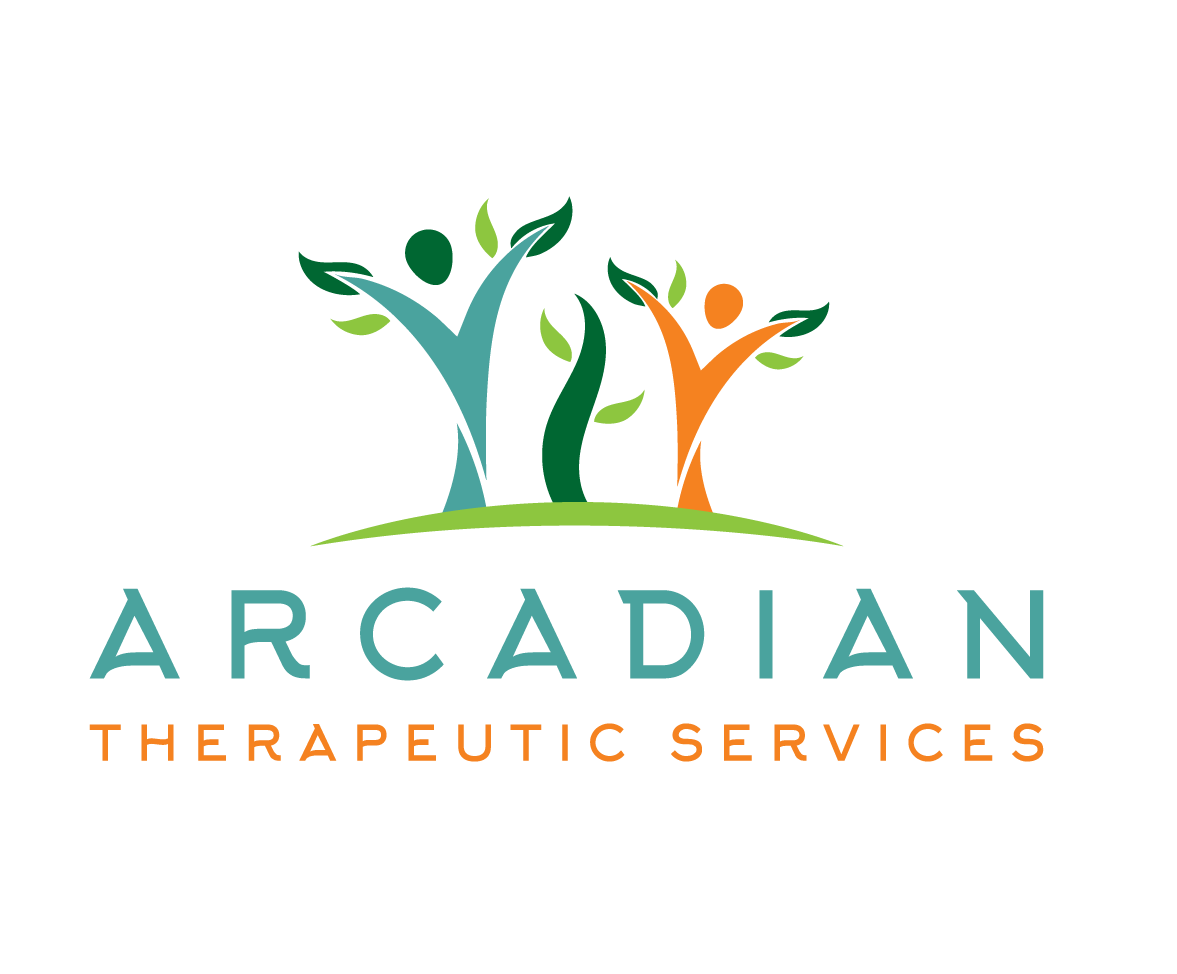A Guide to Managing Challenging Emotions
Emotions are a fundamental part of the human experience, and anger is one of the most intense and complex emotions we have. Anger, when used in a healthy way, can be expressed in a multitude of positive ways, including learning how to communicate confidently with others, motivating you to stand up for yourself and what you believe in, and setting and maintaining boundaries with others. On the other hand, uncontrolled anger can result in destructive behaviors, losing control, and damaging relationships.
The key to making nice with your anger and controlling the power it can have is by developing emotional regulation. Emotional regulation is the ability to better control, manage, and respond to an emotional experience by recognizing and understanding your emotions. Anyone can struggle with their emotions spinning out of control, and some can experience this on a regular basis. For some individuals who have been unsuccessful at learning emotional regulation, it may be because it was never modeled for them, or they were never taught those skills.
Unbalanced and uncontrolled emotions can impact your quality of life or relationships, but thankfully there are several techniques you can use to learn how to be angry in a healthy way.
Self-awareness
Understanding yourself and your emotions is the first step towards mastering emotional regulation. Recognizing when you’re feeling angry requires paying attention to the physical cues and identifying what your triggers are. Knowing and understanding what your triggers are means you can catch the early signs of escalation and expose the patterns in your emotional responses.
Mindfulness and Breathing
Mindfulness is the practice of bringing awareness to your thoughts, feelings, and body in the present moment without judgment. Intentional deep breathing and meditation techniques can be effective in bringing a sense of peace by triggering the physical relaxation response or the parasympathetic nervous system. When we practice self-regulation through intentional mindfulness, it allows us to approach emotional situations with a clearer mind. Some exercises to try: box breathing, 4-7-8 breathing, or the 5-4-3-2-1 grounding technique.
Calming the Nervous System
Dysregulation is defined as an inability to control your emotional responses, most notably with frustration, sadness, anger, and irritability. When we become emotionally dysregulated, rational thought can fly out the door. Emotional dysregulation can be displayed as a lack of awareness, difficulty making decisions, impulsive behavior, and avoiding difficult or complicated emotions. We can become desensitized to our surroundings and our own body when we are dysregulated, but a few things you can try when this happens are holding on to a cold surface, feeling your heart and counting the beats, listening to music, or drinking cold water.
Healthy Outlets
Developing healthy coping skills can increase stress management and support your ability to self-soothe or self-regulate. Some coping skills can include engaging in physical activity like going for a walk or doing some cardio exercise, spending time outside, practicing some meditation or grounding techniques, journaling, or talking to a loved one, a friend, or a therapist.
Emotions like anger are not inherently bad. The way in which you display and cope with anger can dictate if you have the necessary coping skills to manage it in a healthy way. Developing an ability to emotionally regulate yourself doesn’t mean deleting anger from our roster of feelings; it means transitioning anger from something destructive to a healthy way to communicate unmet wants or needs and improve relationships. Emotional regulation and anger management can be a slow process and takes time to develop. It’s through trial and error that we learn how to give ourselves time, space, and grace to figure out which coping skills are the best fit.
